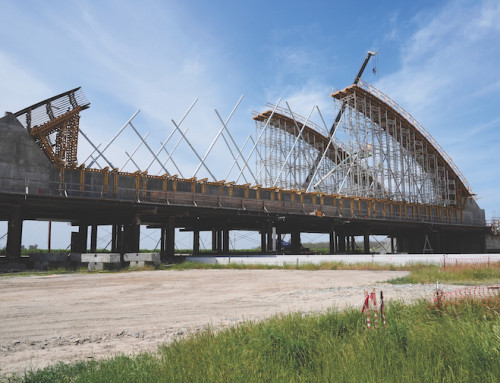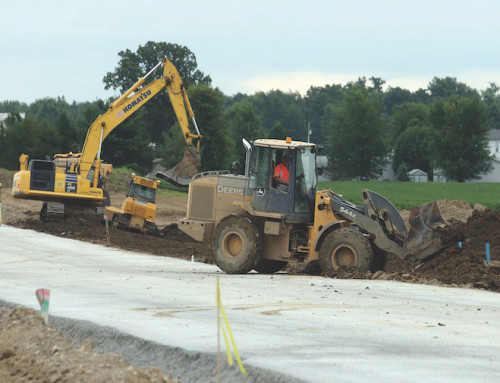A federal judge ruled this week that a nearly complete offshore wind project halted by the Trump administration can resume.
Work on the nearly completed Revolution Wind project for Rhode Island and Connecticut has been paused since Aug. 22 when the Bureau of Ocean Energy Management issued a stop work order for what it said were national security concerns. It did not specify those concerns at the time. Both the developer and the two states sued in federal courts.
Danish energy company Orsted and its joint venture partner Skyborn Renewables sought a preliminary injunction in U.S. District Court in Washington, D.C., that would allow them to move forward with the project.
After the hearing this week, Judge Royce Lamberth said he considered how Revolution Wind has relied on its federal approval, the delays are costing $2.3 million a day and if the project can’t meet deadlines, the entire enterprise could collapse.
After December, the specialized ship needed to complete the project won’t be available until at least 2028, he said. More than 1,000 people have been working on the wind farm, which is 80 percent complete.
“There is no question in my mind of irreparable harm to the plaintiffs,” Lamberth said, as he granted the motion for the preliminary injunction.
The Interior Department has said that the department doesn’t comment on pending litigation.
Orsted said construction will resume as soon as possible.
Revolution Wind is supposed to be Rhode Island’s and Connecticut’s first, large offshore wind farm, capable of providing about 2.5 percent of the region’s electricity needs.
Connecticut Attorney General William Tong said the judge’s ruling is a major win for workers and families, who need this project on track now so it can start to drive down elevated energy bills.
Connecticut Rep. Joe Courtney, a Democrat, said a multibillion-dollar project that is 80 percent complete and was fully permitted with input by the Pentagon is not a national security problem. The Interior Department “should take the hint and let the thousands of construction workers finish the job,” he said.
Orsted began construction in 2024 about 15 miles south of the Rhode Island coast. It says in its complaint that about $5 billion has been spent or committed, and it expects more than $1 billion in costs if the project is canceled.
Rhode Island is already home to one offshore wind farm, the five-turbine Block Island Wind Farm.








